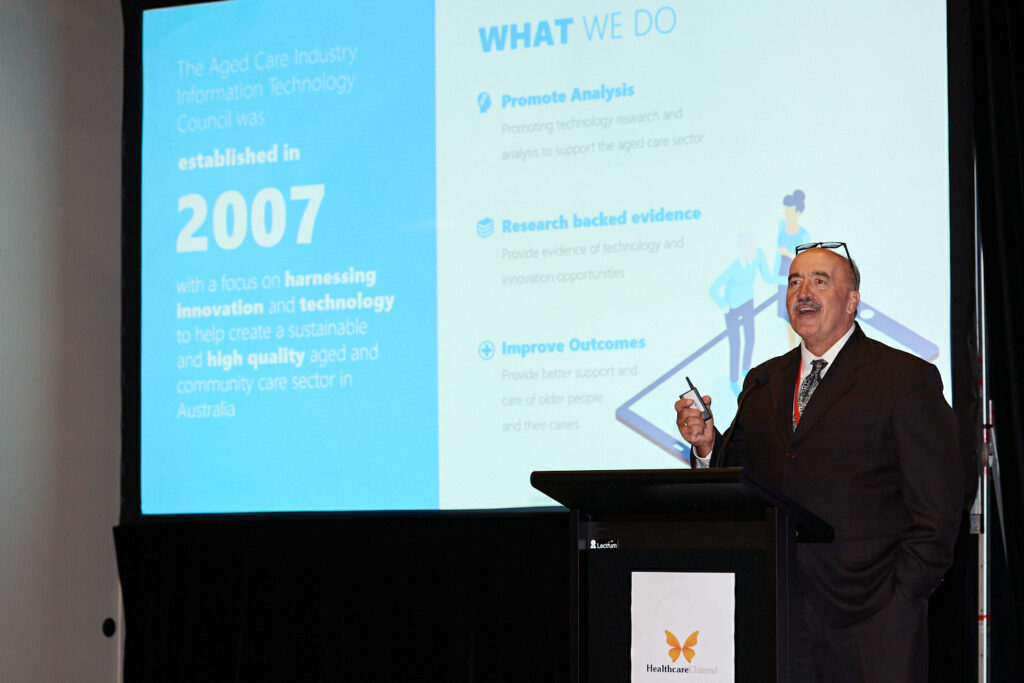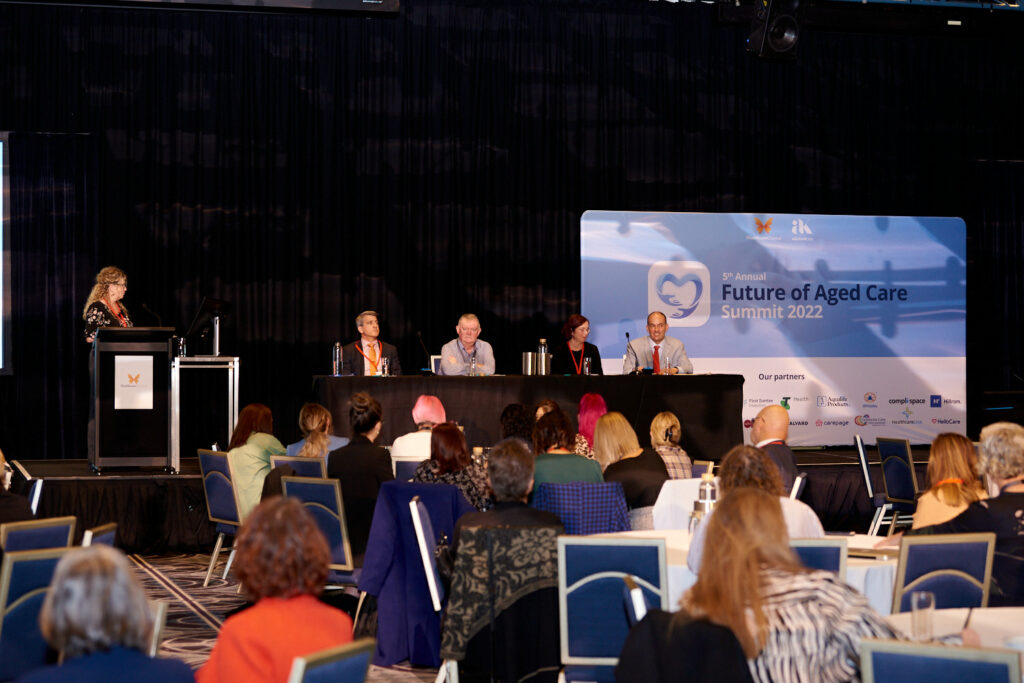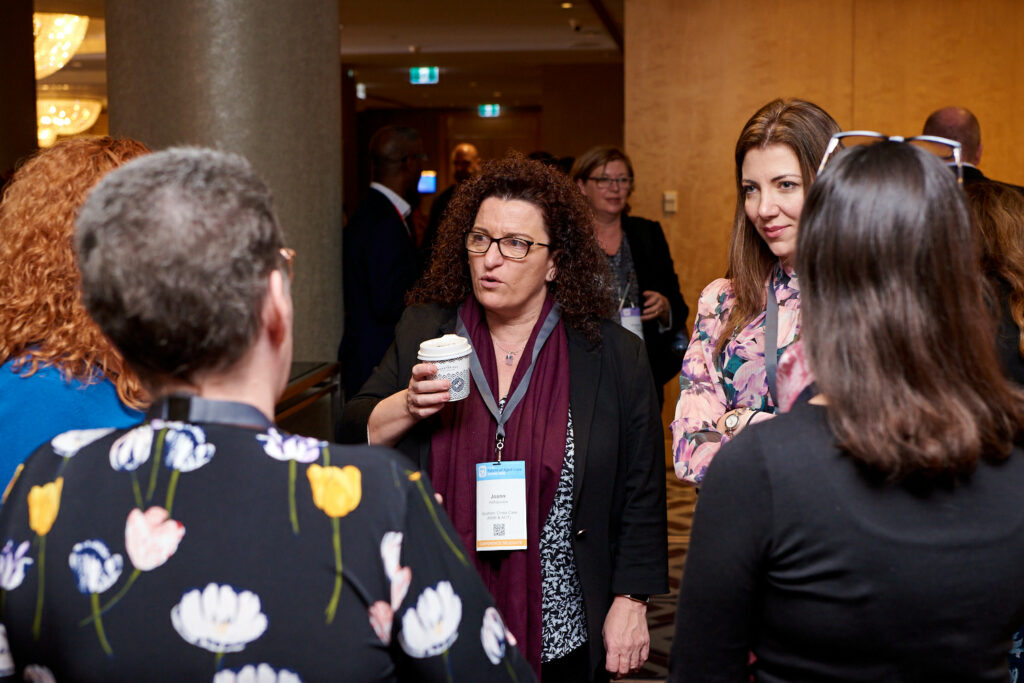Healthcare has continued to be in the spotlight, especially so for the past couple of years. With COVID-19 at everyone’s heels, issues like worker retention and shifting attitudes towards care are magnified and have made the struggle more evident. Yet, even with various updates to the healthcare system, some of the most vulnerable in the face of a pandemic are still hit hard: the elderly.
Aged care constantly sees its fair share of challenges. The three largest failure factors in Australian aged care are a lack of funding, a lack of delivery, and a lack of regulation. Staff are underpaid, there is a continuous insufficiency of resources, and there is a significant need for digital innovation to transform the sector to keep up with the rest of the healthcare world.
At Akolade’s 5th Future of Aged Care Summit and Aged Care Tech Summit held at the annual Australian Aged Care Week, professionals from different facets and companies from the sector convened to learn more about how to meet these issues head-on and to answer the question: “What does the future of Australian aged care look like?”

The main factors affecting aged care in Australia
The three most prevalent issues are lack of funding, lack of delivery, and lack of management. These three factors cause a ripple effect in aged care and give way for more problems to arise.
In 2020, residential care facilities reported a staggering 74% decrease in care volunteers, while home care packages saw a 54% decrease in staffing due to the rising risk of COVID-19. Carers and nurses have started feeling more fatigued and burned out due to the higher demand and lower level of support. Simultaneously, seniors have also felt far lonelier and more detached from their loved ones due to a decline in quality of care. There have been more issues regarding health record privacy breaches.
To respond to this, the Australian Government has spent over $23.6 billion in funding and sector improvements, with residential aged care seeing a portion of 60% in 2020 through 2021. Bonuses for nurses and carers were set to improve worker retention. The Government also invested a portion of their budget into training programs to encourage workers to upskill as they spend more time in the industry.
With the rise of digitizing records and methods in healthcare, the aged care sector has also started to pick up on the wave through innovations like care apps, smart home system integrations, and data security, to name a few. This has started improvements in how care is administered and the overall quality of life for the elderly.

The Future of Aged Care in Australia
Industry movers and shakers at the event spoke about the integration of digitized systems into aged care now that the world is gearing up to step into a more digital era. The existence of technology is not something to shy away from, especially now that full-on contact with vulnerable residents is riskier than ever.
Involving technology in aged care improves the quality of life for those in their sunset years. This interoperability of systems is set to improve the quality and compliance within the sector and a balm to soothe the growing loneliness the elderly face. Telehealth, digital applications, and video call and chat systems are a better way to connect to families and healthcare providers and keep better track of files.
To learn more about similar events and stay updated, check out the Healthcare Channel’s event list.
The discussion of bringing aged care home was also a highlight. Recently, 1 out of 3 older adults has experienced social isolation due to COVID-19 and border closures. Residential home policies have become stricter about allowing visitors to lower the risk, leading to the elderly feeling even more detached from the outside world. Research has shown that this leads to worsening of their mental health as well as cognitive impairment.
The country’s COVID-19 response and administration of vaccines and boosters for the more vulnerable have helped ease the anxiety surrounding this risk. Still, the increase of preference for home care packages remains.
Along with the points above, the importance of communication with older Australians is also essential to improving aged care. Customer-centric service remains vital to further improvements and to spotlight the people who need it the most.

Nina Alvarez is a Content Producer for Healthcare Channel. Her interests include writing, particularly about the healthcare sector and the many ways it can improve to further benefit people from all walks of life.

























